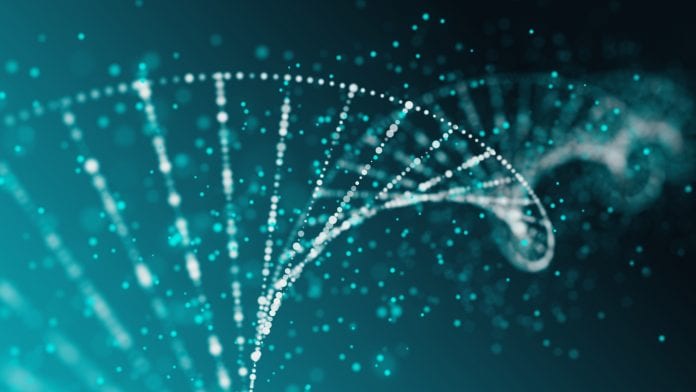
A new report has addressed challenges to accessing gene and cell therapies for people living with rare diseases.
EURORDIS-Rare Diseases Europe and the partners of the RARE IMPACT initiative have put forward seven solutions in the RARE IMPACT report that aim to improve access to life changing cell and gene therapies for people in Europe who are living with rare diseases.
These therapies offer hope for the treatment of rare diseases which currently have very limited, or no, treatment options available, however, only half of the clinical trials being undertaken in the field currently are exploring treatments for rare diseases.
Barriers to access
The report examines the access to advanced therapies and includes ten further detailed reports on country specific challenges and solutions. Four challenging areas for these therapies in the European Union have been identified in the report which include accessibility, assessment, availability, and affordability.
Yann Le Cam, Chief Executive Officer, EURORDIS-Rare Diseases Europe, said: “The fact is that science is breaking through and will increasingly deliver innovative treatments that are potentially transformative or curative for people living with a rare disease. It is now our collective responsibility to turn these indescribable hopes into a reality.
“There is no doubt these therapies for patients can save and transform lives, so that is why, together with the Consortium, we propose solutions to patient access. Time, equity, and sustainability are all important principles in this. We hope the publication of the RARE IMPACT report, alongside national reports published earlier this year, will stimulate policy discussions on how healthcare systems can better co-operate as well as relevant stakeholders to improve access to gene and cell therapies.”
Seven solutions
The report puts forward seven solutions to help improve access to these therapies for rare disease patients, including:
- Greater collaboration between the European Medicine Authority (EMA), Health Technology Assessment (HTA) bodies and Heads of Medicines Agencies on guidance on HTA assessment of advanced therapies, as the complexity of these therapies as much as the new type of uncertainties require long-term follow up
- A co-ordinated approach on the development and use of registries serving multiple purposes (e.g. the follow up of patients, assessment, and reimbursement), as the limited set of data and today’s fragmented approach needs to be addressed
- Greater co-operation and clarity on use of the cross-border healthcare provisions, as many advanced therapies are delivered in only a few highly specialised hospital centres across Europe and cannot be delivered in all countries
- More informative and technical discussions to grasp the specifics on advanced therapies’ cost and value
- Payment based on outcomes and payment over time
EURORDIS is calling on all stakeholders to take forward the solutions in a dialogue to improve access to the advanced therapies.






















